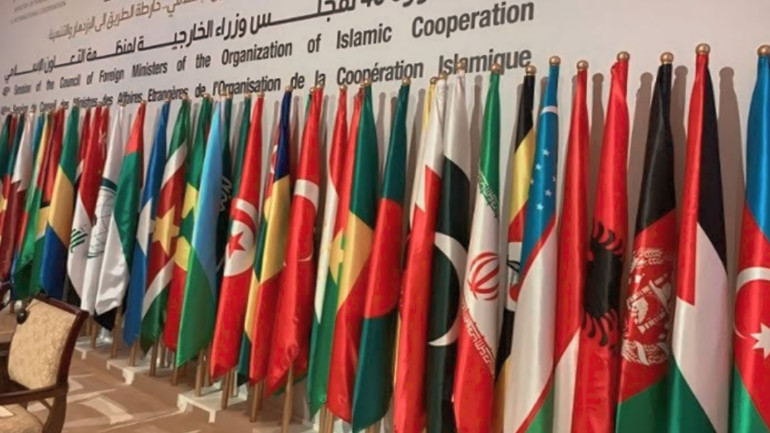Egypt and Jordan are working towards a more robust energy collaboration strategy that seeks to improve regional energy integration. The aim of fostering energy security via natural gas cooperation is the first of the two plans to develop joint energy projects which include laying down gas pipelines connecting the borders. Given that both countries already form a key part of the energy market for Middle Eastern countries, their partnership is expected to drive deep impact across the region’s energy sector. With increasing energy needs, countries in the Middle East have switched their focus to the natural gas sector while simultaneously looking to be more sustainable. With a considerable reserve of natural gas and Jordan’s high dependence on energy, both nations are focusing on a robust strategy to eliminate the supply chain constraints and high costs of energy.
Energy talks between the both countries are very promising as they have the potential to benefit both nations. It also falls in line with more extensive geopolitical goals of ensuring energy market stability in a volatile region. According to the experts, this partnership can set an example for other countries in the region which are looking to optimize their energy capabilities. The partnership makes sense because of Egypt’s location which is ideal for natural gas and Jordan’s increasing requirement of multiple energy options. The existing infrastructure can facilitate gas interflow between the nations and aid their industries and people. Moreover, the collaboration can bolster the energy scenario of the countries depending on Egypt for gas, in a positive way.
This partnership is in line with the recent push made by other Middle Eastern countries to strengthen energy cooperation regionally. Jordan and Egypt are both excited to position themselves at the forefront of the energy transition as they stand to benefit from the natural gas resources available at their disposal and drive electricity prices lower which will promote greater growth. While the discussions are in progress, the primary aim will be to strike a balance in the energy demands of both countries while also searching for alternative sources of energy. The outcome of these debates may result in such a pattern of energy cooperation that other countries in the region may want to imitate. This deal once endorsed and ratified could lead to further strengthening and enhancement of regional energy collaborations and partnership.







